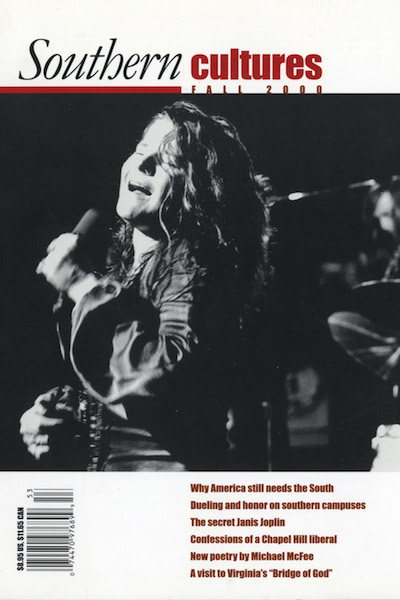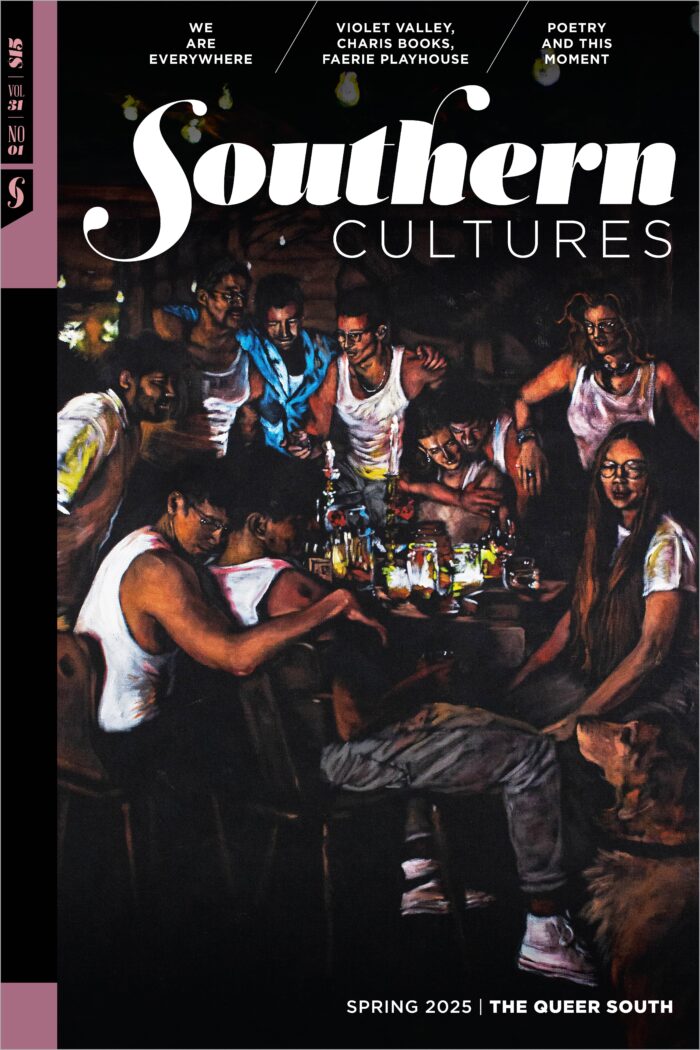“When we talk of the South, are we talking about the South of Southern Living, a South that is enviably affluent and peopled almost exclusively by gracious whites who seem to do little more than cook gourmet meals and tend to their luscious gardens?”
In 1976 the Democratic Party nominated a true blue son of the South—Jimmy Carter—to be its presidential candidate. During that campaign, and especially after Carter’s election, things southern—from rednecks and born-again Protestantism to potlikker and red-eye gravy—were the journalistic rage. Southerners did things deferentially, they—we—spoke differently, and, during those early Carter years, the national media seemed entranced by the “southernness” of it all, believing themselves, I suppose, called first to understand the South and then to help the American people—or at least the non-southerners among us—understand it too. I was finishing graduate school in Baltimore at the time, and I remember my Yankee friends asking me an inordinate number of questions about the South, about being southern. Of course, I was neither the first nor the last southerner to have enjoyed that particular pleasure: southerners have been explaining, telling about, the South for generations.


